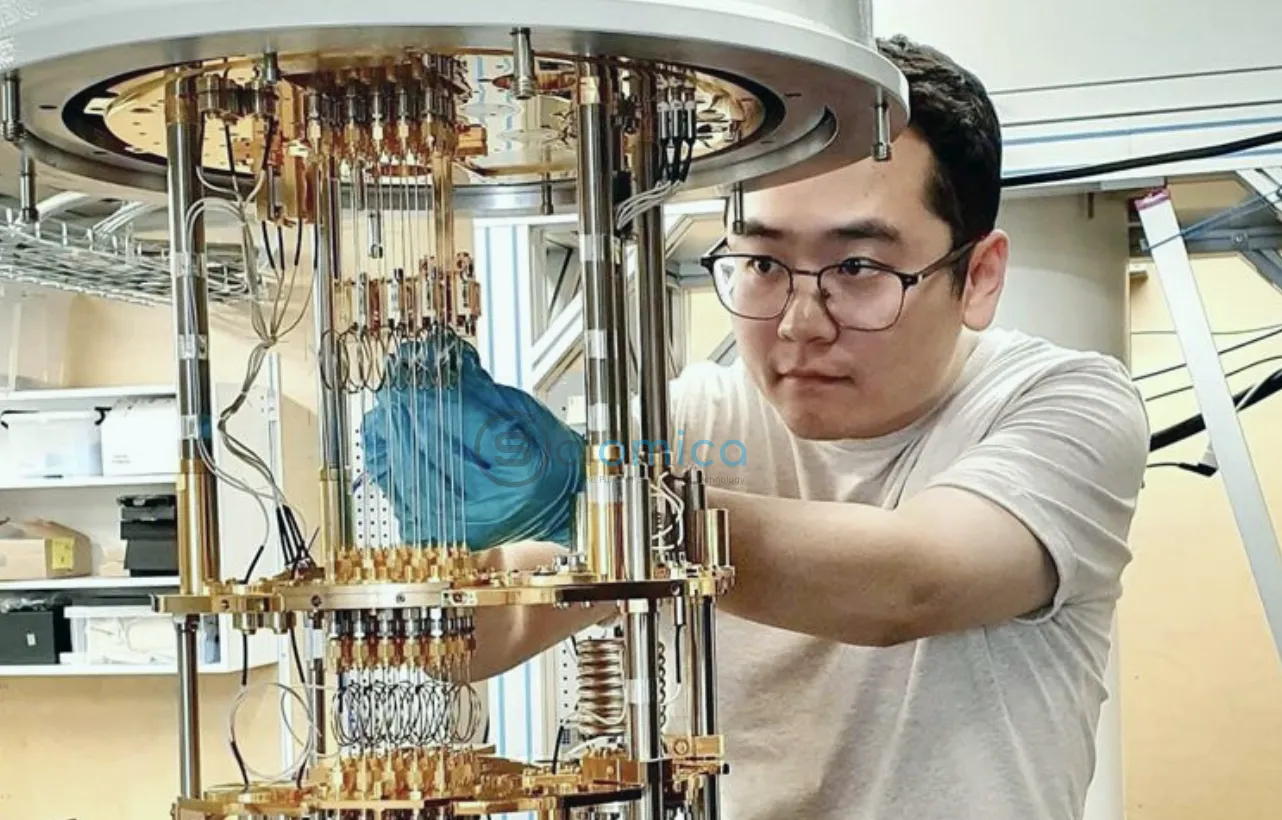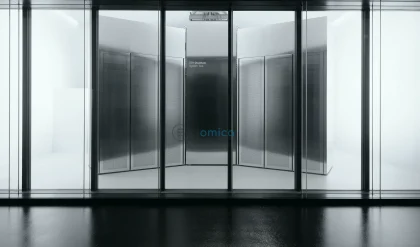
Researchers at Chalmers University of Technology in Sweden have made significant strides in the field of quantum computing with the development of a highly efficient amplifier that activates only during the reading of quantum bits or qubits. This innovation, which consumes merely one-tenth of the power used by the most effective amplifiers currently on the market, mitigates problems associated with qubit decoherence and sets the stage for enhanced quantum computers that boast greater qubit counts and overall performance.
Traditional computers utilize bits, which can represent a value of either 1 or 0. In contrast, qubits, the fundamental units of quantum computers, can exist in multiple states—including 1, 0, and everything in between—simultaneously. This ability, known as superposition, allows a 20-qubit quantum computer to represent over one million different states at once. Such capabilities enable quantum computers to tackle complex problems that are beyond the reach of today’s conventional supercomputers.
Amplifiers play a crucial role in leveraging the full power of quantum computers. They are necessary for measuring qubits and translating that data into usable information. However, the process of reading quantum information is incredibly sensitive, as minor fluctuations in temperature, noise, or electromagnetic interference can lead to the loss of qubits’ quantum states. Additionally, traditional amplifiers generate heat, contributing to decoherence, thus prompting ongoing research for more efficient amplification methods.
Yin Zeng, a doctoral student at Chalmers and the lead author of the study published in the journal IEEE Transactions on Microwave Theory and Techniques, asserts, “This is the most sensitive amplifier that can be built today using transistors. We’ve managed to reduce its power consumption without sacrificing performance. We hope this breakthrough will enable more accurate readouts of qubits in the future.”
This advancement is crucial for scaling quantum computers, enabling them to incorporate significantly more qubits than are currently feasible. As the number of qubits increases, so does computational power and the ability to perform complex calculations. However, larger quantum systems require more amplifiers, which can escalate power consumption and induce qubit decoherence. Jan Grahn, a professor of microwave electronics at Chalmers and Zeng’s principal supervisor, notes, “This study offers a solution for the future upscaling of quantum computers where the heat generated by qubit amplifiers poses a major limiting factor.”
Distinct from traditional low-noise amplifiers, the newly developed amplifier operates on a pulsed basis. It activates solely when required for qubit amplification rather than being continuously operational. “This is the first demonstration of low-noise semiconductor amplifiers for quantum readout in pulsed operation that preserves performance while significantly reducing power consumption,” Grahn explains.
One of the challenges the Chalmers team faced was ensuring the amplifier could be activated quickly enough to match the qubit readout process, since quantum information is transmitted in pulses. They tackled this by creating an advanced amplifier that utilizes an algorithm for more efficient operation, culminating in a swift response time of just 35 nanoseconds to pulse inputs.
Their work, supported by the Chalmers Centre for Wireless Infrastructure Technology and the Vinnova program Smarter Electronic Systems, marks a significant contribution to the realm of quantum technology, coming from the Kollberg Laboratory at Chalmers and Low Noise Factory AB in Gothenburg, Sweden. The implications of this research could propel the future of quantum computing by enhancing the ability to scale up systems effectively.
Reference:
- Yin Zeng, Jörgen Stenarson, Peter Sobis, Jan Grahn. Pulsed HEMT LNA Operation for Qubit Readout. IEEE Transactions on Microwave Theory and Techniques, 2025; 1 DOI: 10.1109/TMTT.2025.3556982






